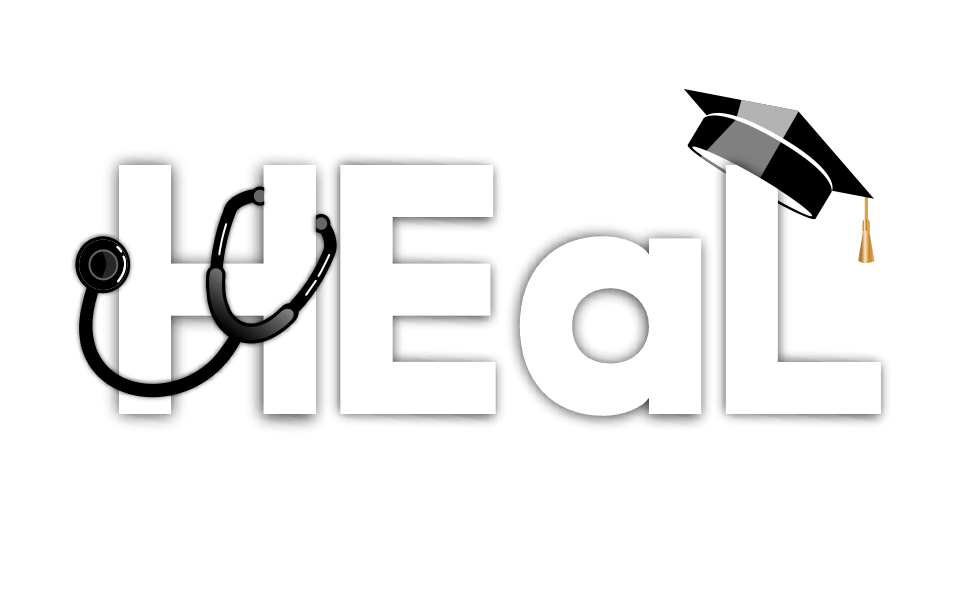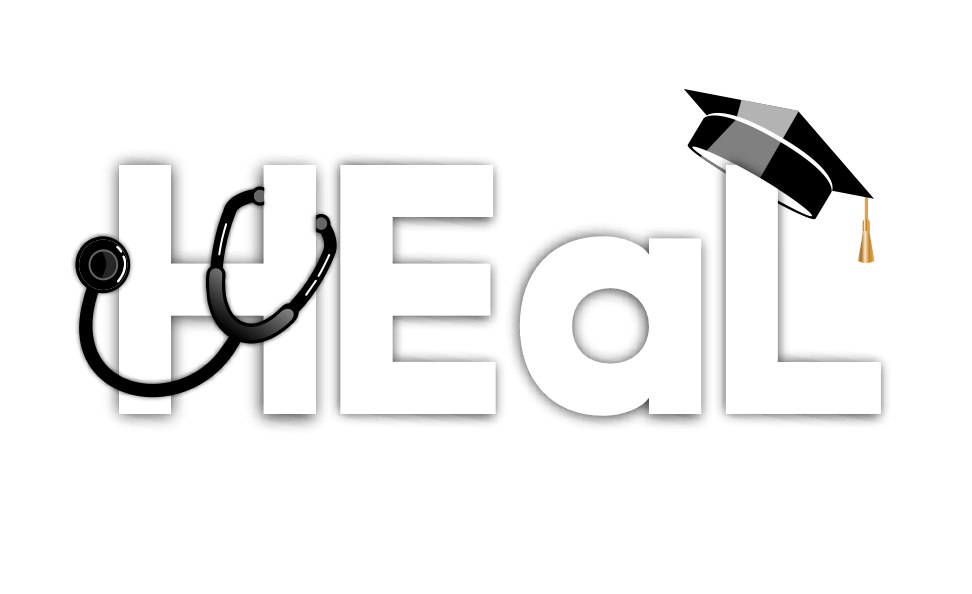Learning is the foundation that enlightens the world, making it more equitable and sustainable for everyone. At the same time, access to better learning is more than just opening doors to innovation; it is about envisioning a world where everyone has the potential to influence learning and transform the lives of millions across the globe.
When learning becomes a privilege rather than a right, the dream of equal opportunities begins to fade. The rising cost of education worldwide is building walls of inequality, restricting many from pursuing their dreams and limiting access to opportunities. This growing financial burden disproportionately affects disadvantaged groups and places immense stress on families.
Our Education conferences address these critical disruptions, providing a dynamic platform where decision-makers come together to make impactful contributions to the industry—attending this inspiring, knowledge-sharing event, where influential voices rule the stage, and renowned personalities will take the stage. So, stay tuned to this blog to explore why you should attend this conference. Keep on reading!
The Growing Cost of Education: A Global Concern
Education is a fundamental right for all, not only for the rich but also for the marginalized, enabling and making them to learn, grow, and perspective. However, the rising cost of education is widening gaps for students, families, and the higher education system, potentially costing the global economy $10 trillion a year by 2030.
The statistics show that rising tuition fees, followed by declining government funding, put individuals under an unbearable burden. At the same time, the growing inequality is limiting access to education for underprivileged groups and low-income families, further deepening the divide.
Supporting Marginalized Communities with Upcoming Education Conferences!
When we discuss the rising cost of education, then we are talking about the poorer sections of society. In comparison, children from wealthy families are more likely to afford a good education, while low-income families are often left behind.
In such cases, financial challenges force them to choose between investing in their education or meeting essential needs, perpetuating cycles of poverty. At upcoming education conferences, we understand the need to provide affordable education for low-income groups, aiming to improve every student’s learning and uncover their potential for a brighter and more progressive future.
Creating A Barrier to Future Success at the Education Convention
The escalating cost of education is a significant barrier to upward mobility, especially for middle-class and marginalized communities. High student loan balances restrict consumer spending by reducing the disposable income available to individuals.
Integrating programs like student debt relief would be a valuable step toward enabling marginalized groups to access fair and quality education. Implementing such initiatives would allow borrowers to allocate more funds toward necessities, take career risks, start businesses, and purchase homes, all while ensuring they never pay more than they can afford.
The Need for Funding Models: Where Traditional Systems Fall Short!
Current funding models in both public and private education often fail, leading to disparities in access and quality. Reliance on property taxes creates unequal resources, while outdated funding formulas need to address the needs of diverse student populations. Additionally, inadequate government investment limits opportunities for innovation, ultimately hindering the potential for all students to succeed.
Listen to Education Conference Speakers: The Need to Upgrade Policy Reform
Education for all aims to make learning more affordable and accessible through targeted policy reforms. There is a crucial need to increase funding for public education and provide incentives for institutions to lower tuition fees, easing the financial burden on students and families.
At our Education Conferences, with insights from our speakers, we will explore how implementing income-driven repayment plans and expanding grant programs can help make education more accessible for everyone.
We’ll also discuss how fostering partnerships with private organizations can enhance resources and support for underprivileged communities. Ultimately, thoughtful government policies will be significant in creating a more equitable education system that empowers every learner to thrive.
Exploring Innovative Solutions: Scholarships, Grants, and Income-Based Tuition
Exploring alternative approaches to funding education can significantly enhance accessibility and equity. Scholarships provide targeted financial assistance to deserving students, helping them complete their academic dreams without the burden of debt. At the same time, grants can further support educational initiatives, particularly for low-income families and underrepresented groups, ensuring that financial barriers do not hinder potential.
Flexible tuition models, such as income-driven repayment plans, allow students to pay based on their financial circumstances, making education more manageable. Additionally, partnerships with private organizations can create innovative funding solutions, such as sponsorship programs or tuition discounts for community service. By adopting these alternative funding strategies, we can foster a more inclusive education system that empowers all learners to succeed.
Education Conferences: Understanding the Role of Private Sector in Education Funding!
Education is for all, whether privileged or underprivileged, but the point is to have access to better learning. Education conferences aim to provide mentors with the platform to implement Philanthropic organizations for scholarships targeting disadvantaged communities. Implementing such collaborations between corporations and educational institutions will ease access to internships, mentorship programs, and real-world learning possibilities.
Looking Ahead: Building Sustainable, Equitable Education Systems
Looking ahead, creating sustainable and equitable education systems demands a multifaceted approach. Prioritizing inclusive policies, increasing funding for under-resourced schools, and embracing innovative teaching methods are essential steps toward this goal. By collaborating with communities and leveraging technology, we can enhance access and engagement, ensuring that every learner has the opportunity to thrive







